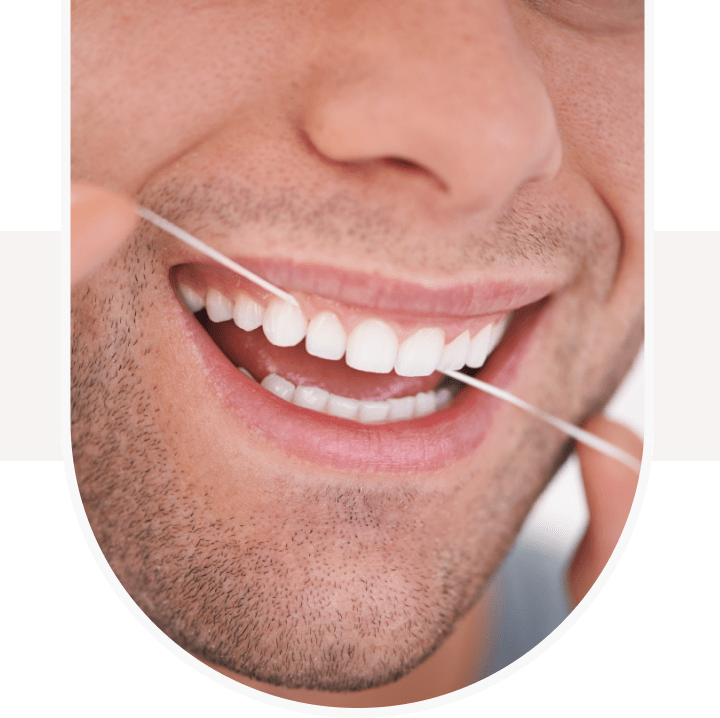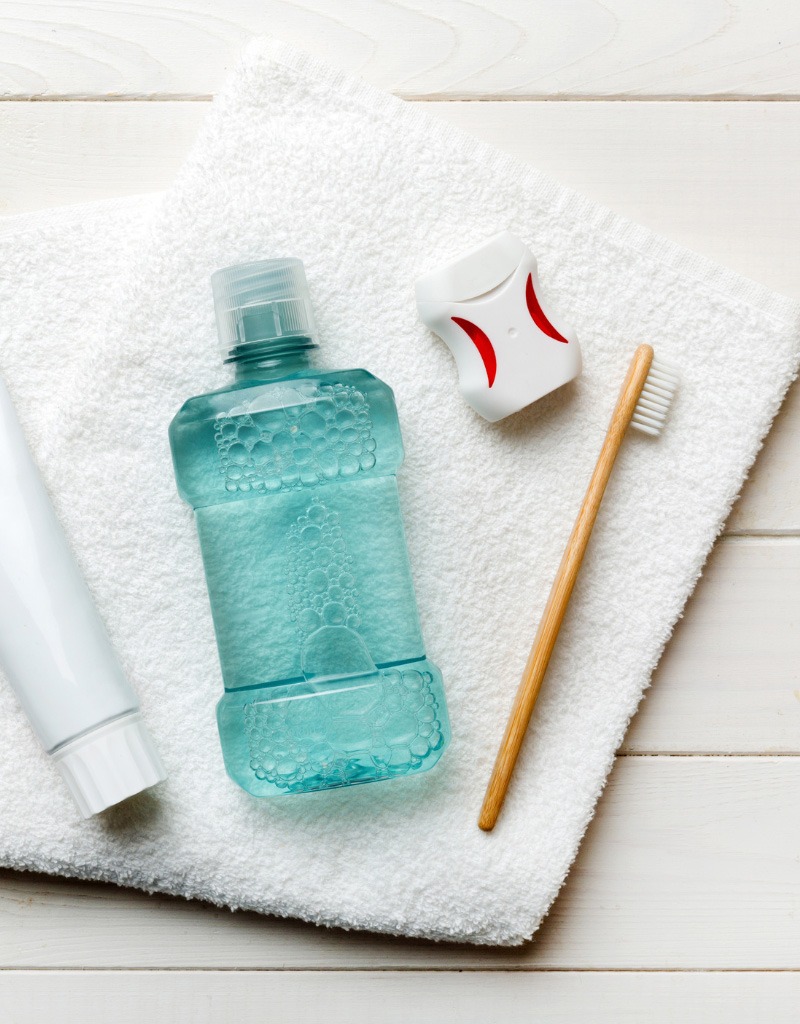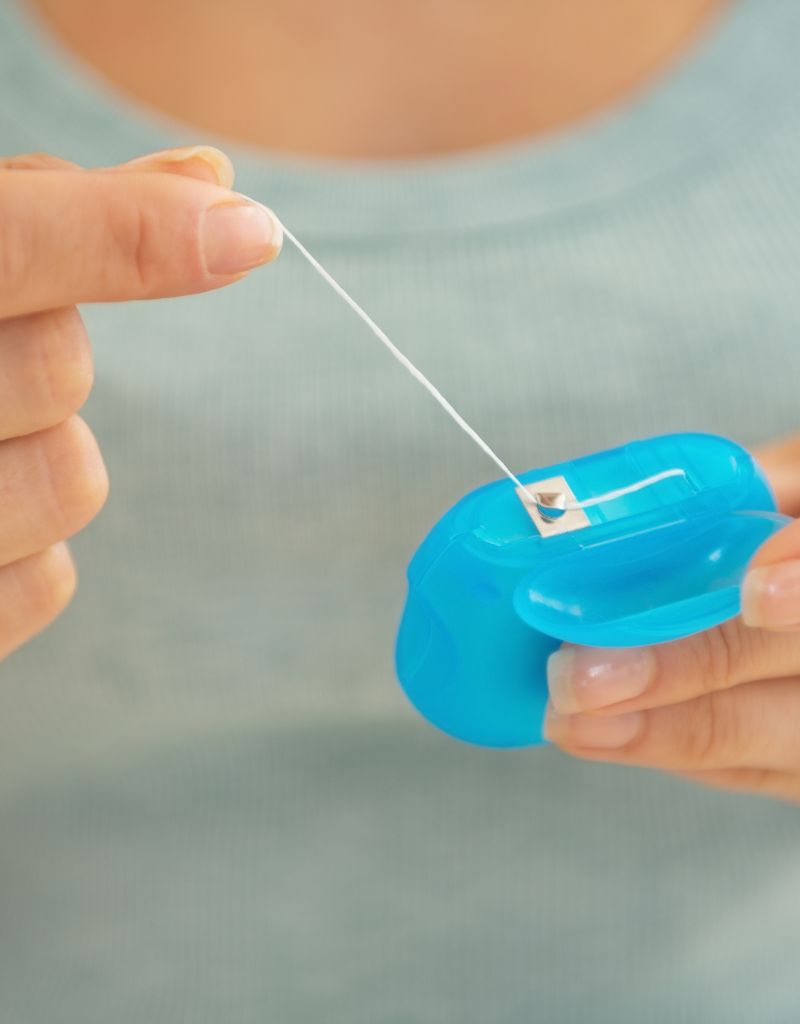Oral Hygiene
Why is oral hygiene important?
Oral hygiene is the practice of maintaining the cleanliness and health of the mouth, teeth, and gums. Good oral hygiene is essential for preventing dental problems like cavities, gum disease, and bad breath, as well as maintaining overall health and well-being.
The importance of Brushing and Flossing
Brushing the teeth at least twice a day with a fluoride toothpaste helps to remove plaque and prevent tooth decay. It is recommended to brush for at least two minutes each time, making sure to reach all areas of the mouth, including the fronts, backs, and tops of the teeth, as well as the tongue.
Flossing is also crucial for removing plaque and food particles from between the teeth and along the gum line. This helps to prevent gum disease and maintain overall oral health. It is recommended to floss at least once a day, ideally before brushing.
Why is oral hygiene important?
Oral hygiene is the practice of maintaining the cleanliness and health of the mouth, teeth, and gums. Good oral hygiene is essential for preventing dental problems like cavities, gum disease, and bad breath, as well as maintaining overall health and well-being.

The importance of Brushing and Flossing
Brushing the teeth at least twice a day with a fluoride toothpaste helps to remove plaque and prevent tooth decay. It is recommended to brush for at least two minutes each time, making sure to reach all areas of the mouth, including the fronts, backs, and tops of the teeth, as well as the tongue.
Flossing is also crucial for removing plaque and food particles from between the teeth and along the gum line. This helps to prevent gum disease and maintain overall oral health. It is recommended to floss at least once a day, ideally before brushing.
What is a professional dental cleaning?
A professional dental cleaning is a dental procedure performed by a licensed dental hygienist or dentist to remove plaque, tartar, and stains from your teeth and gums. During the cleaning, you may hear some scraping and grinding sounds, but the procedure should not be painful. If you experience any discomfort, be sure to let the hygienist know.
After the cleaning, your teeth may feel smoother and your mouth may feel fresher. The dentist or hygienist may also give you advice on how to maintain good oral hygiene at home, such as brushing and flossing techniques, and may recommend regular check-ups every six months to keep your teeth and gums healthy.
Overall, a professional dental cleaning is an important part of maintaining good oral health and preventing tooth decay and gum disease. Here are the steps of a typical professional dental cleaning:
Physical Exam
The dentist or dental hygienist will begin by examining your mouth and teeth to check for any signs of cavities, gum disease, or other oral health issues.
Scaling
Using a special tool called a scaler, the hygienist will remove plaque and tartar from the surfaces of your teeth, including those hard-to-reach areas behind your teeth and along your gum line.
Polishing
After scaling, the hygienist will use a polishing tool and a special paste to polish your teeth and remove any surface stains.
Flossing
The hygienist will floss your teeth to remove any remaining debris and plaque between your teeth.
Fluoride Treatment
The hygienist may apply a fluoride treatment to help strengthen your teeth and prevent cavities.
Physical Exam
The dentist or dental hygienist will begin by examining your mouth and teeth to check for any signs of cavities, gum disease, or other oral health issues.
Scaling
Using a special tool called a scaler, the hygienist will remove plaque and tartar from the surfaces of your teeth, including those hard-to-reach areas behind your teeth and along your gum line.
Polishing
After scaling, the hygienist will use a polishing tool and a special paste to polish your teeth and remove any surface stains.
Flossing
The hygienist will floss your teeth to remove any remaining debris and plaque between your teeth.
Fluoride Treatment
The hygienist may apply a fluoride treatment to help strengthen your teeth and prevent cavities.
What products and tools should patients have?
In order to maintain good oral health, it’s important to use the right products and tools. There are many different products available that can help to improve oral hygiene, from toothbrushes and toothpastes to floss and mouthwash.
Some of the most commonly used oral hygiene products include:
• Toothbrushes: It’s important to choose a toothbrush with medium bristles and a comfortable grip, and to replace it every three to four months or sooner if the bristles are frayed.
• Toothpastes: Looking for a toothpaste that contains fluoride, which helps to prevent cavities and strengthen tooth enamel. There are also specialty toothpastes available for specific needs, such as those designed to address sensitive teeth, bad breath, or tartar control.
• Floss: Choosing a type of floss that patient’s find comfortable to use, such as waxed or unwaxed, and be sure to floss at least once a day.
• Mouthwash: Mouthwash can help to reduce bacteria, freshen breath, and improve overall oral health. It’s important to look for a mouthwash that contains fluoride, and making sure to follow the instructions for use.
What products and tools should patients have?
In order to maintain good oral health, it’s important to use the right products and tools. There are many different products available that can help to improve oral hygiene, from toothbrushes and toothpastes to floss and mouthwash.
Some of the most commonly used oral hygiene products include:
• Toothbrushes: It’s important to choose a toothbrush with medium bristles and a comfortable grip, and to replace it every three to four months or sooner if the bristles are frayed.
• Toothpastes: Looking for a toothpaste that contains fluoride, which helps to prevent cavities and strengthen tooth enamel. There are also specialty toothpastes available for specific needs, such as those designed to address sensitive teeth, bad breath, or tartar control.
• Floss: Choosing a type of floss that patient’s find comfortable to use, such as waxed or unwaxed, and be sure to floss at least once a day.
• Mouthwash: Mouthwash can help to reduce bacteria, freshen breath, and improve overall oral health. It’s important to look for a mouthwash that contains fluoride, and making sure to follow the instructions for use.

Oral hygiene tips & Tricks
Maintaining a consistent oral hygiene routine is crucial for preventing dental problems and maintaining good oral health. However, it can sometimes be challenging to stick to a routine or to know how to improve it. Here are some important tips to improve oral hygiene:
- Replacing toothbrush every three to four months, or sooner if the bristles are frayed;
- Asking the dentist for specific recommendations based on the individual needs;
- Setting a schedule for brushing and flossing, and sticking to it;
- Incorporating mouthwash into the routine to reduce bacteria and freshen breath;
- Using an electric toothbrush, which can be more effective than a manual brush;
- Making sure to brush for at least two minutes each time.
- Replacing toothbrush every three to four months, or sooner if the bristles are frayed;
- Asking the dentist for specific recommendations based on the individual needs;
- Setting a schedule for brushing and flossing, and sticking to it;
- Incorporating mouthwash into the routine to reduce bacteria and freshen breath;
- Using an electric toothbrush, which can be more effective than a manual brush;
- Making sure to brush for at least two minutes each time.
While oral hygiene is essential for maintaining good oral health, it’s easy to make mistakes that can compromise the health of the mouth, teeth, and gums. Some common oral hygiene mistakes to avoid include:
- Consuming excessive amounts of sugary or acidic foods and drinks;
- Brushing too hard or with a toothbrush that has stiff bristles;
- Not brushing or flossing regularly;
- Using toothpaste that doesn’t contain fluoride;
- Not replacing the toothbrush often enough;
- Not brushing or flossing properly;
- Skipping dental check-ups;
- Not drinking enough water to rinse the mouth;
- Using tobacco products.
- Consuming excessive amounts of sugary or acidic foods and drinks;
- Brushing too hard or with a toothbrush that has stiff bristles;
- Not brushing or flossing regularly;
- Using toothpaste that doesn’t contain fluoride;
- Not replacing the toothbrush often enough;
- Not brushing or flossing properly;
- Skipping dental check-ups;
- Not drinking enough water to rinse the mouth;
- Using tobacco products.
How important are dental visits
In addition to practicing good oral hygiene at home, regular dental visits are crucial for maintaining optimal oral health. During a dental check-up, a dentist can assess the health of the mouth, teeth, and gums, detect any potential problems early, and provide recommendations for maintaining good oral health.
Some of the benefits of regular dental visits include:
• Professional teeth cleanings to remove plaque and tartar;
• Early detection and treatment of dental problems like cavities, gum disease, and oral cancer;
• Personalized recommendations for improving the oral hygiene routine;
• Monitoring the health of dental work, such as fillings, crowns, and bridges;
• Addressing any concerns or questions about oral health.
How important are dental visits
In addition to practicing good oral hygiene at home, regular dental visits are crucial for maintaining optimal oral health. During a dental check-up, a dentist can assess the health of the mouth, teeth, and gums, detect any potential problems early, and provide recommendations for maintaining good oral health.
Some of the benefits of regular dental visits include:
• Professional teeth cleanings to remove plaque and tartar;
• Early detection and treatment of dental problems like cavities, gum disease, and oral cancer;
• Personalized recommendations for improving the oral hygiene routine;
• Monitoring the health of dental work, such as fillings, crowns, and bridges;
• Addressing any concerns or questions about oral health.

What is the Importance of Brushing and Flossing
Brushing the teeth at least twice a day with a fluoride toothpaste helps to remove plaque and prevent tooth decay.
It is recommended to brush for at least two minutes each time, making sure to reach all areas of the mouth, including the fronts, backs, and tops of the teeth, as well as the tongue.
Flossing is also crucial for removing plaque and food particles from between the teeth and along the gumline. This helps to prevent gum disease and maintain overall oral health. It is recommended to floss at least once a day, ideally before brushing.
What is the Importance of Brushing and Flossing
Brushing the teeth at least twice a day with a fluoride toothpaste helps to remove plaque and prevent tooth decay.
It is recommended to brush for at least two minutes each time, making sure to reach all areas of the mouth, including the fronts, backs, and tops of the teeth, as well as the tongue.
Flossing is also crucial for removing plaque and food particles from between the teeth and along the gumline. This helps to prevent gum disease and maintain overall oral health. It is recommended to floss at least once a day, ideally before brushing.

What the patients want to know
Frequently Asked Questions
It is recommended to schedule a dental appointment every 6 months for a check-up and professional cleaning.
During a dental appointment for oral hygiene, the dentist or dental hygienist will examine your teeth and gums, clean your teeth, and provide recommendations for improving your oral health.
A dental appointment for oral hygiene typically takes about an hour, but the duration may vary depending on the complexity of the cleaning and any necessary dental procedures.
The dental cleaning process may cause some minor discomfort, but it should not be painful. If you experience pain or discomfort, inform your dentist.
It is best to avoid eating or drinking anything that may stain your teeth, such as coffee or tea, before a dental appointment. You should also brush and floss before your appointment.
You should bring your dental insurance card, a list of any medications you are taking, and a list of any questions or concerns you may have about your oral health.
You can prepare for a dental appointment for oral hygiene by brushing and flossing regularly, avoiding sugary and acidic foods and drinks, and informing your dentist of any changes in your medical history.
It is recommended to schedule a dental appointment every 6 months for a check-up and professional cleaning.
During a dental appointment for oral hygiene, the dentist or dental hygienist will examine your teeth and gums, clean your teeth, and provide recommendations for improving your oral health.
A dental appointment for oral hygiene typically takes about an hour, but the duration may vary depending on the complexity of the cleaning and any necessary dental procedures.
The dental cleaning process may cause some minor discomfort, but it should not be painful. If you experience pain or discomfort, inform your dentist.
It is best to avoid eating or drinking anything that may stain your teeth, such as coffee or tea, before a dental appointment. You should also brush and floss before your appointment.
You should bring your dental insurance card, a list of any medications you are taking, and a list of any questions or concerns you may have about your oral health.
You can prepare for a dental appointment for oral hygiene by brushing and flossing regularly, avoiding sugary and acidic foods and drinks, and informing your dentist of any changes in your medical history.

